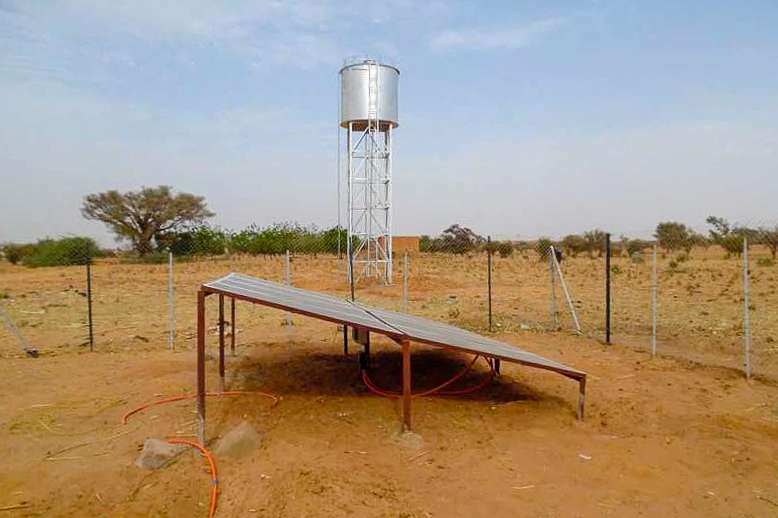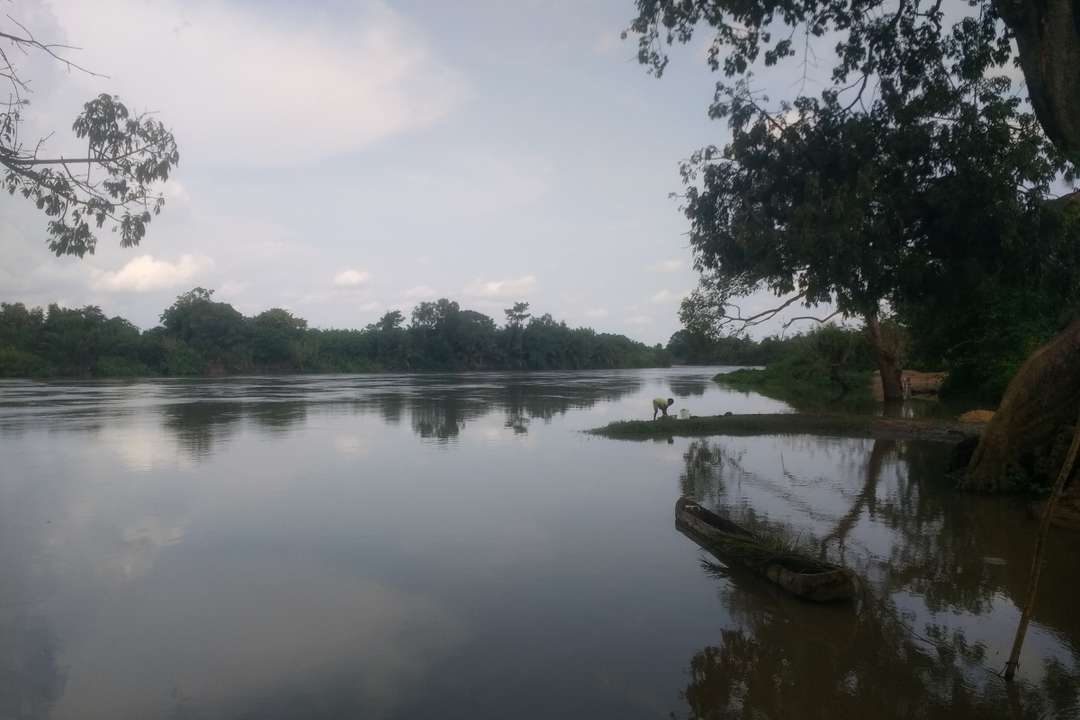Who we are
CIREG Consortium
The members of the CIREG consortium conduct cutting-edge research in their respective disciplines and are experienced also in bridging science and policy making. They have been carefully chosen to successfully complement each other’s expertise. This international, interdisciplinary, and policy-oriented consortium builds on expertise from the social sciences (ZEF, SEI), economic and climate sciences (DTU, WASCAL, PIK), environmental sciences (PIK, VUB, SEI), and institutional and policy analysis (SEI) with vast experience in developing countries.
Partners
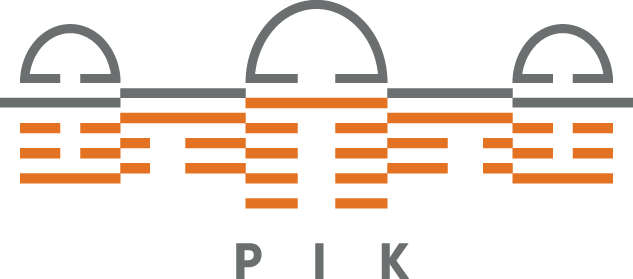
The Potsdam Institute for Climate Impact Research (PIK) was founded in 1992 and currently has a staff of about 280 people. PIK is a member of the Leibniz Association. Researchers in the natural and social sciences from all over the world work closely together to study global change and its impacts on ecological, economic and social systems. Researchers examine the earth system's capacity for withstanding human interventions and devise strategies and options for a sustainable development of humankind and nature. Interdisciplinary and solution-oriented approaches are a distinctive characteristic of the institute.
Project coordinator: Dr. Stefan Liersch
Co-coordinator: Dr. Hagen Koch
Scientific coordinator: Dr. Fred Hattermann
Role in the project
- Project coordination
- Hydrological modelling
- RE model development
- Scenario design and simulation of present-day and future demand and potentials of renewable electricity generation
- Coordinating the implementation of the REG demonstrator
- Assessing climate risks and vulnerabilities
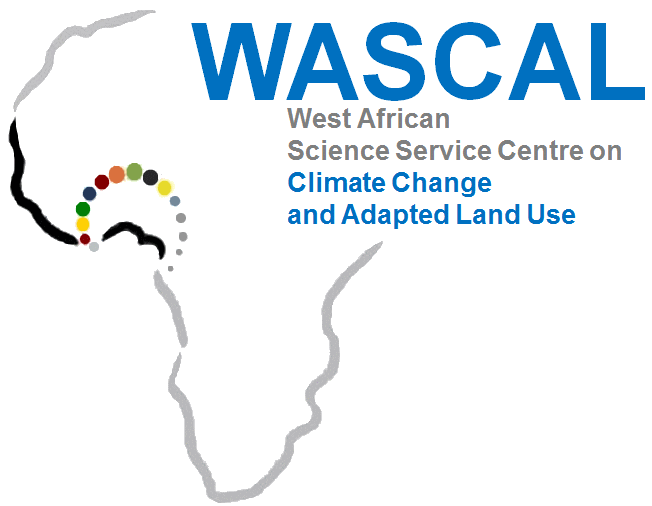
The West African Science Service Centre on Climate Change and Adapted Land Use (WASCAL) is a large-scale research-focused Climate Service Centre designed to help tackle this challenge and thereby enhance the resilience of human and environmental systems to climate change and increased variability. It does so by strengthening the research infrastructure and capacity in West Africa related to climate change and by pooling the expertise of ten West African countries and Germany. The Competence Centre, a newly established institute in West Africa, carries out research and provides science-based advice to policymakers and stakeholders on climate change impacts, mitigation, and adaptation measures. The Core Research Programme complements the scientific activities of the Competence Center, and is implemented by a network of German and West African research institutes. The Graduate Studies Programme, involving the creation of ten graduate schools in West Africa, contributes to the education of the next generation of African scientists and policy makers in the field of climate change and land management.
WP2 coordinator: Dr. Seyni Salack
Role in the project
- WP2 coordination: Science-policy dialogue, co-development of climate information and implementation in policy making, science communication & dissemination
- Stakeholder engagement
Networking between science, politics, the energy industry, and the public in West Africa - Public relations
- Implementation of local demonstrator case studies
- Education: graduate programs, field schools, experimental sites
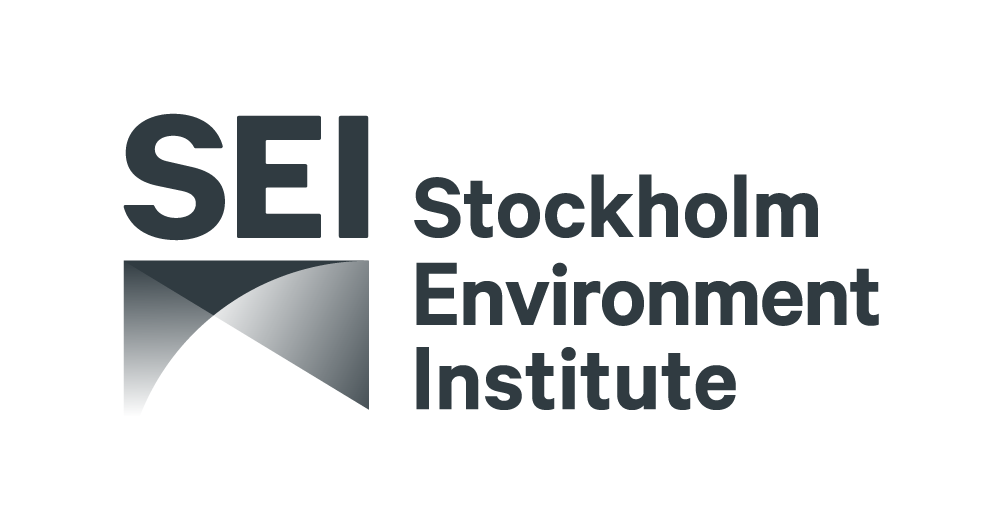
The Stockholm Environment Institute (SEI) is an international non-profit research and policy organisation that tackles environment and development challenges. We connect science and decision-making to develop solutions for a sustainable future for all. Our work spans climate, water, air, and land-use issues, and integrates evidence and perspectives on governance, the economy, gender and human health. SEI’s approach is highly collaborative: stakeholder involvement is at the heart of our efforts to build capacity, strengthen institutions and equip partners for the long term. We make sure our knowledge and findings are clearly communicated and accessible to decision-makers and civil-society. We publish our own open access material, and in leading academic journals, and repackage our research to offer effective decision support. To promote debate and share knowledge we convene decision-makers, academics and practitioners, and engage with policy processes, development action and business practice throughout the world. We are committed to transparency and believe that full disclosure of our finances and funding builds trust in our work.
Role in the project
- WP2 co-coordination
- Science-policy dialogue
- Mainstreaming of climate services into policy making
- Development of participatory scenarios and decision support tool
- Application of the models WEAP and LEAP
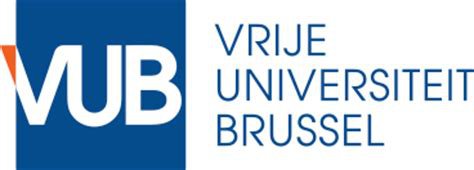
The department of hydrology and hydraulic engineering (HYDR) of the Free University of Brussels (VUB) focus on the numerical modelling of the quantity and the quality of surface water and groundwater, on the innovative use of remote sensing techniques with respect to the modelling and on the development of model calibration techniques. Since 1976 the department has traditionally been able to attract many international MSc and PhD students and research funds at regional, national and international level. The department is also co-organizing two International (Master) Course Programs, with the universities of Leuven and Ghent, in the field of water (IUPWARE) and soil engineering (physical land resources). The department is thus well embedded in the regional, national and international scientific and professional world of its discipline.
WP3 coordinator: Prof. Wim Thiery
Contributor: Sebastian Sterl
Role in the project
- WP3 coordination: Assessing climate risks and REG potentials
- Climate simulation with the Community Land Model (CLM)
- Hydrological modelling (SWAT)
- Simulation of present-day and future potentials of renewable energy
- Assessing the complementarity of renewable energy resources
- Assessing climate risks and vulnerabilities

The research at the Department of Management Engineering at the Danish Technical University (DTU) contributes to new knowledge about planning, production and management and hereby contributes to the development of innovative decision support systems and optimisation of products and production in both the public and the private sector. The Department carries out research activities and assists with consulting in varies fields such as: Energy and climate, food and health, transport and logistics, construction, the service sector and knowledge intensive organisations – often in close cooperation with international research environments and industrial and public partners. The combination of the academic competences ensures research which provide for both innovation, efficiency, competitiveness as well as sustainability.
WP4 coordinator: Prof. Kirsten Halsnæs
Contributor: Dr. Simon Bolwig
Role in the project
- WP4 coordination: Climate Resilient & Innovative REG Strategies for Sustainable Development
- Developing plans to support the implementation of nationally determined contributions (NDCs) aligned with sustainable development goals (SDGs) and regional development strategies
- Develop and test sustainable development (SD) innovation policies including finance and policy instruments. Methodological SD framework development.
- Cost-benefit analysis
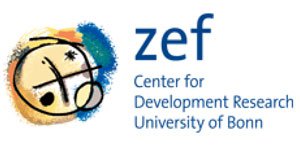
The Center for Development Research (ZEF) is an institute of the University of Bonn, Germany. It started its research activities in 1997. ZEF's researchers aim to find science-based solutions to development-related issues. ZEF’s research departments on Economic and Technological Change, Political and Cultural Change, and Ecology and Natural Resources Management conduct inter- and trans-disciplinary research in, for and with emerging economies and on global issues with its collaborating research partners around the world. ZEF educates doctoral students from all over the world in its Doctoral Studies Program.
WP5 coordinator: Dr. Roberto Cantoni
Contributor: Shahrazad Far
Role in the project
- WP5 coordination: Local case studies & demonstrator
- Review of current energy supply situation by conduction ethnographic field work
- Analyzing local knowledge and perception with regard to renewable electricity generation
- Survey of small and medium entrepreneurs
- Business model development
National funding organisations
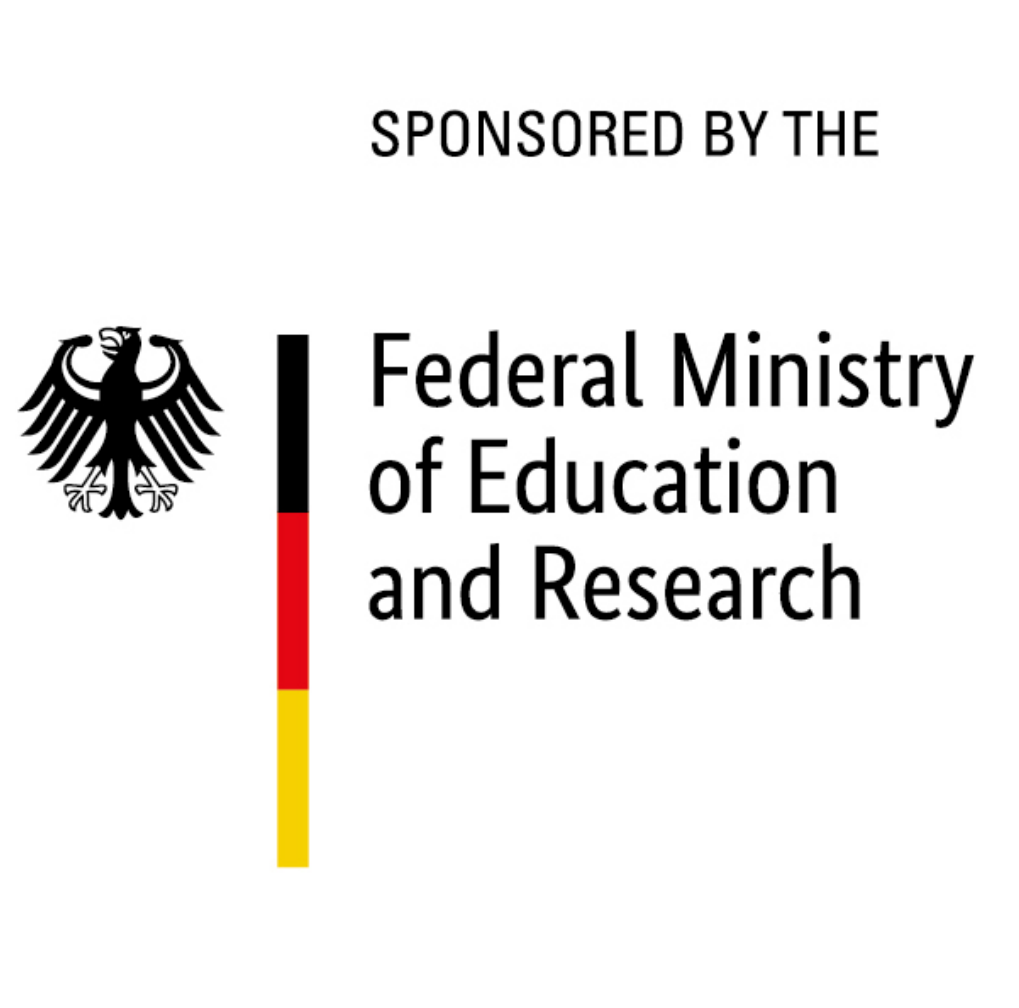
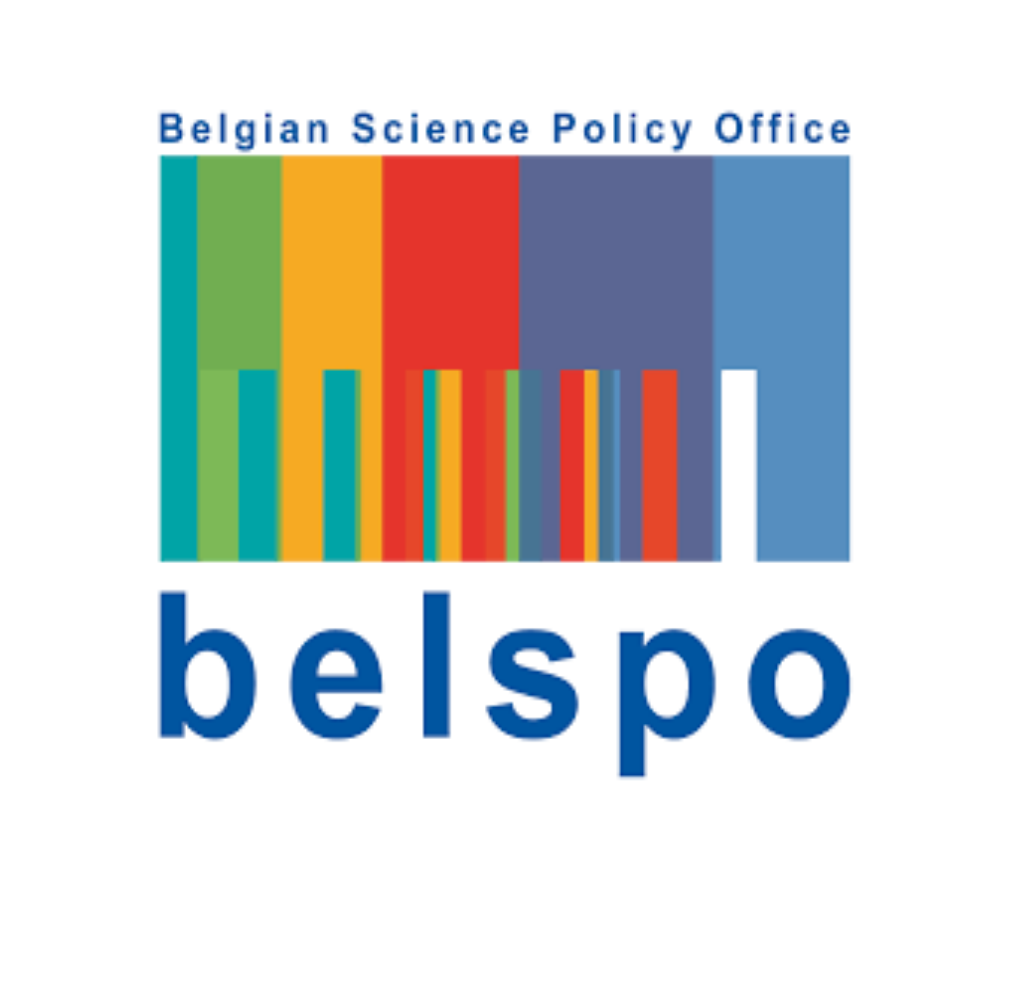
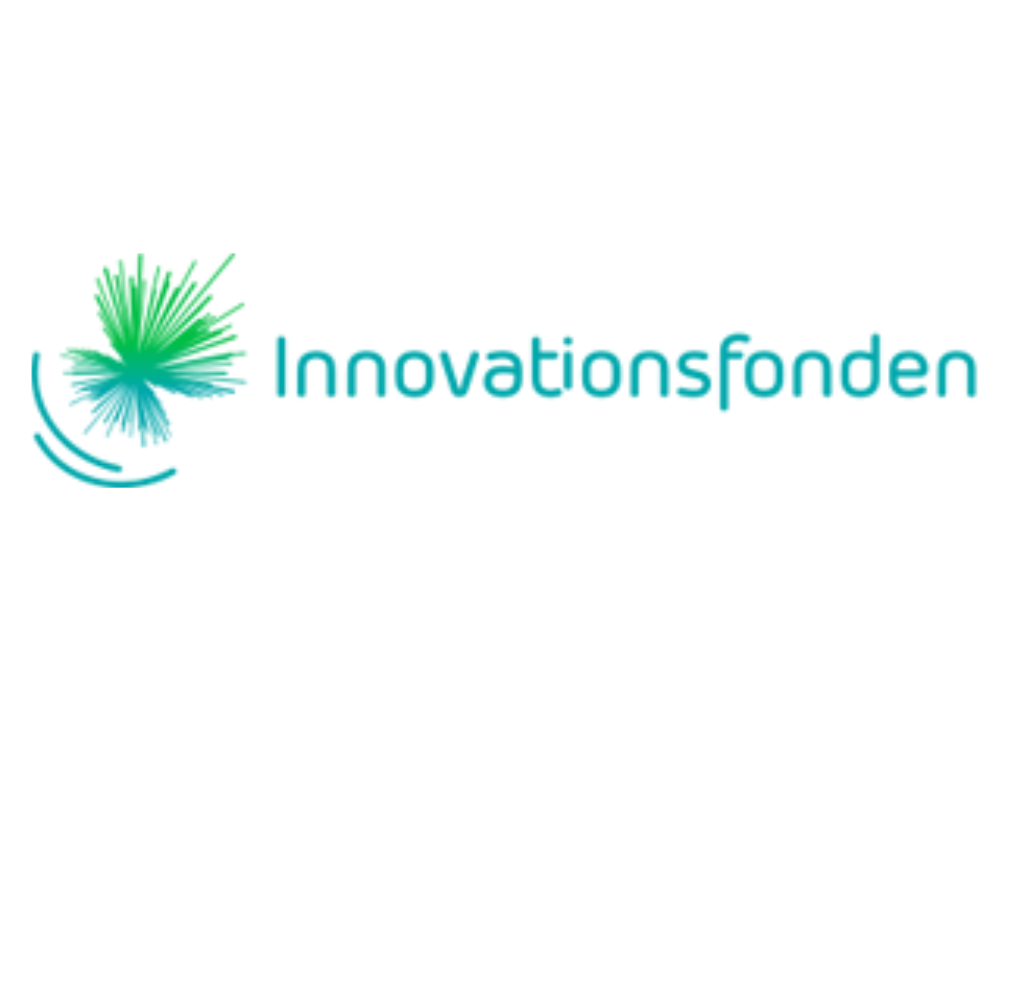

The CIREG project is part of ERA4CS, an ERA-NET Co-fund action initiated by JPI Climate, funded by BMBF (DE), FORMAS (SE), BELSPO (BE), and IFD (DK) with co-funding by the European Union’s Horizon 2020 Framework Program (Grant 690462). The project has a duration of three years and has started on 1st of February 2018 and ends on January 31st 2021.
